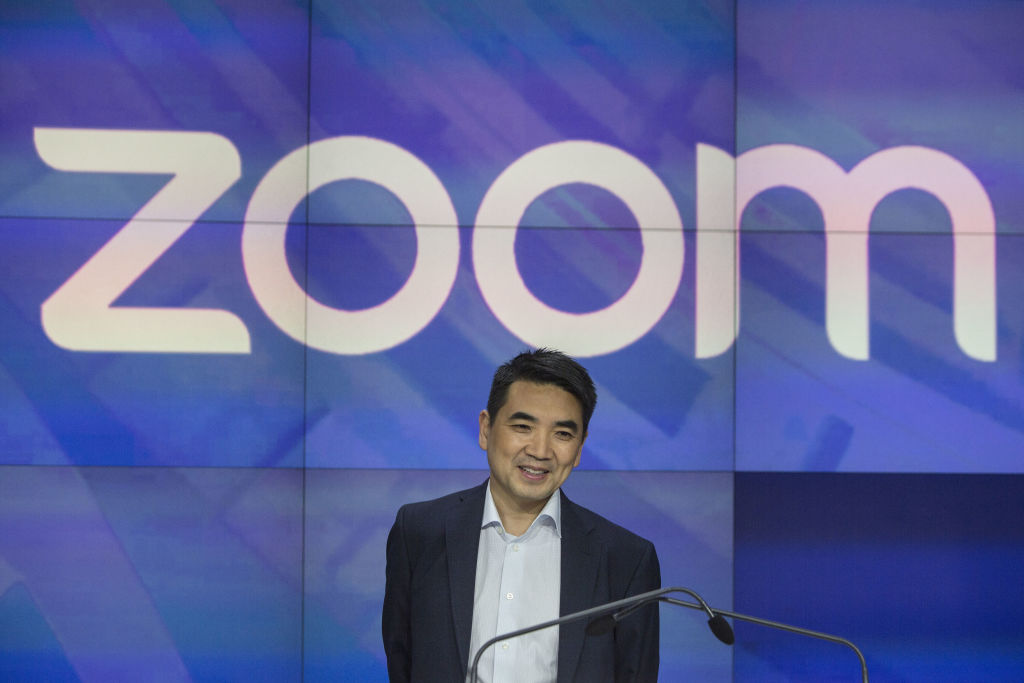In a significant move to reshape the digital search landscape, European search engines Qwant and Ecosia have unveiled Staan, a collaborative search index designed to offer a privacy-centric and cost-effective alternative to dominant U.S. platforms like Google and Bing. This initiative marks a pivotal step towards enhancing Europe’s digital sovereignty and reducing reliance on foreign technology.
Background and Development
The inception of Staan traces back to a joint venture established in 2024 between Qwant, a French privacy-focused search engine, and Ecosia, a German non-profit search engine known for its environmental commitment. This partnership, named the European Search Perspective (EUSP), aimed to develop a European search index that aligns with regional values of privacy, data security, and sustainability. The collaboration was driven by a shared vision to create an independent search infrastructure that reflects European principles and reduces dependence on non-European technologies.
Objectives and Implementation
Staan is engineered to serve as a foundational infrastructure for both consumer and business search needs. The EUSP has set ambitious targets, aiming to handle approximately 50% of French search queries and 33% of German queries by the end of the year. This strategic move is part of a broader effort to diminish Europe’s reliance on foreign digital platforms and to bolster regional control over essential digital infrastructure.
Privacy and Data Sovereignty
A cornerstone of Staan’s development is its unwavering commitment to user privacy. Unlike traditional search engines that often track user behavior to build extensive profiles, Staan is designed to minimize or eliminate user tracking. It adheres to the principle of data minimization and ensures that data is processed within Europe, thereby complying with the General Data Protection Regulation (GDPR). This approach offers users a more privacy-friendly search experience and provides transparency regarding data handling practices.
Economic and Technological Advantages
Beyond privacy, Staan offers significant economic benefits, particularly in the realm of artificial intelligence (AI). Christian Kroll, CEO of Ecosia, highlighted that the index can power AI chatbots and summary features at a fraction of the cost associated with traditional search providers. This cost efficiency is expected to benefit startups, developers, and larger enterprises by reducing the financial burden of integrating search capabilities into AI models. By offering a more affordable solution, Staan aims to democratize access to search-indexing technology and foster innovation within the AI sector.
Integration and Future Prospects
Both Qwant and Ecosia plan to integrate Staan into their platforms to enhance user experience. Qwant has already begun utilizing the new index to power features like AI-generated summaries for search results. Ecosia has announced plans to incorporate similar AI features into its platform in the near future. Additionally, the EUSP is engaging with various companies to promote the adoption of Staan for enabling search functionalities within applications, particularly targeting chatbots. By presenting Staan as a cost-effective alternative to existing solutions, the initiative seeks to become a preferred choice for knowledge grounding in conversational AI systems.
Strategic Implications and European Tech Sovereignty
The launch of Staan is emblematic of a broader vision to establish a resilient European tech stack that operates independently of U.S. or Chinese technologies. This initiative aligns with efforts to enhance Europe’s digital sovereignty, especially in light of recent geopolitical developments. The outcome of the 2024 U.S. election has underscored the vulnerability of Europe’s reliance on American Big Tech stacks for critical digital infrastructure. By fostering homegrown alternatives like Staan, Europe aims to strengthen its control over essential technologies, ensuring that sectors ranging from journalism to climate tech are not subject to external political or commercial agendas.
Challenges and Outlook
While Staan presents a compelling value proposition centered on privacy, cost-effectiveness, and European independence, it faces the formidable challenge of competing with well-established platforms that dominate the global search market. However, the unique attributes of Staan provide a strong foundation for reshaping the digital landscape. By offering a viable alternative to traditional search engines, Staan contributes to a more diverse and resilient global digital infrastructure. The success of this initiative could serve as a catalyst for further innovation and competition within the search engine industry, ultimately benefiting consumers and businesses alike.
Conclusion
The debut of Staan by Qwant and Ecosia represents a significant milestone in the pursuit of a more independent and privacy-focused digital ecosystem in Europe. By addressing critical issues related to data privacy, economic efficiency, and technological sovereignty, Staan has the potential to challenge the dominance of Big Tech and pave the way for a new era of search engine technology that aligns with European values and interests.



